On June 9th and 10th, an intensive two-day version of our flagship Antimicrobial Resistance (AMR) Policymaking Course brought together thirty participants from across Africa. Organized alongside the annual ReAct Africa-South Centre AMR Conference in Lusaka, Zambia, the course convened policymakers, researchers, and civil society actors committed to strengthening their capacity to design and implementing evidence-informed, equitable AMR policies.
The course included sessions on the policymaking process, the integration of robust data streams, and the legal and governance frameworks underpinning AMR strategies and equity in AMR policymaking.
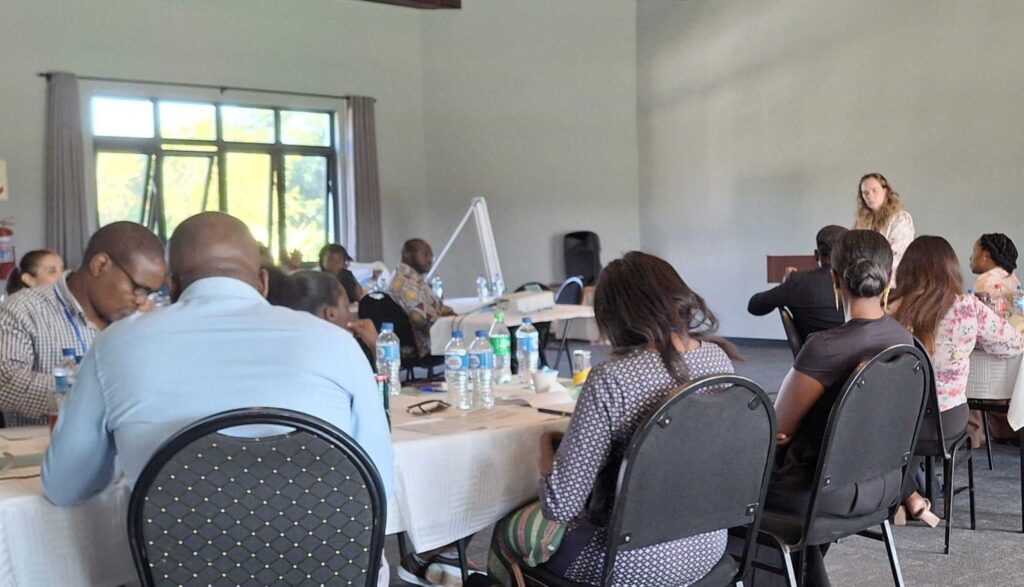
Course highlights included:
- Breakout discussions critically examining barriers to policy uptake, the dynamics of stakeholder engagement, and mechanisms for operationalizing evidence within national action plans.
- Participants working collaboratively to draft preliminary guiding principles to support effective translation of evidence into policy, tailored to diverse health systems and institutional contexts.
- A roundtable on implementing AMR policy, exploring strategies for embedding evidence-informed practices and fostering cross-sectoral collaboration within varied governance environments, moderated by Dr. Tracie Muraya of ReAct Africa.
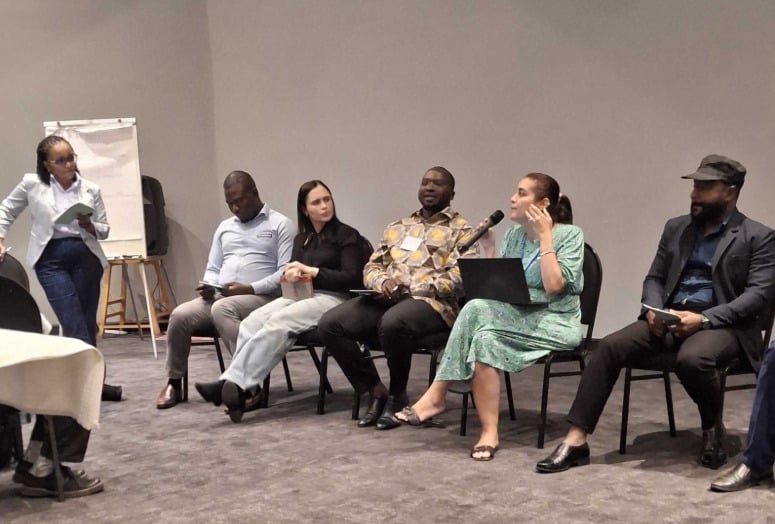
This customized version of our course was coordinated by the AMR Policy Accelerator’s Research Lead, Dr. Kayla Strong. It featured sessions delivered by Dr. Strong; Managing Director, Dr. Geneviève Boily-Larouche; and Research Associate, Dr. Chloe Clifford Astbury. Guest speakers included Dr. Niniola Williams of the Ameyo Stella Adadevo (DRASA) Health Trust, Natasha Kaputula of ReAct Africa, and Dr. Sabiha Essack of the University of KwaZulu-Natal. Additional support for the course was provided by the Accelerator’s Director of External Engagement, Julia Bishop.
Presentations at the ReAct Africa–South Centre Conference
Following the completion of the AMR Policymaking Course, the Accelerator team participated in the ReAct Africa–South Centre AMR Conference.
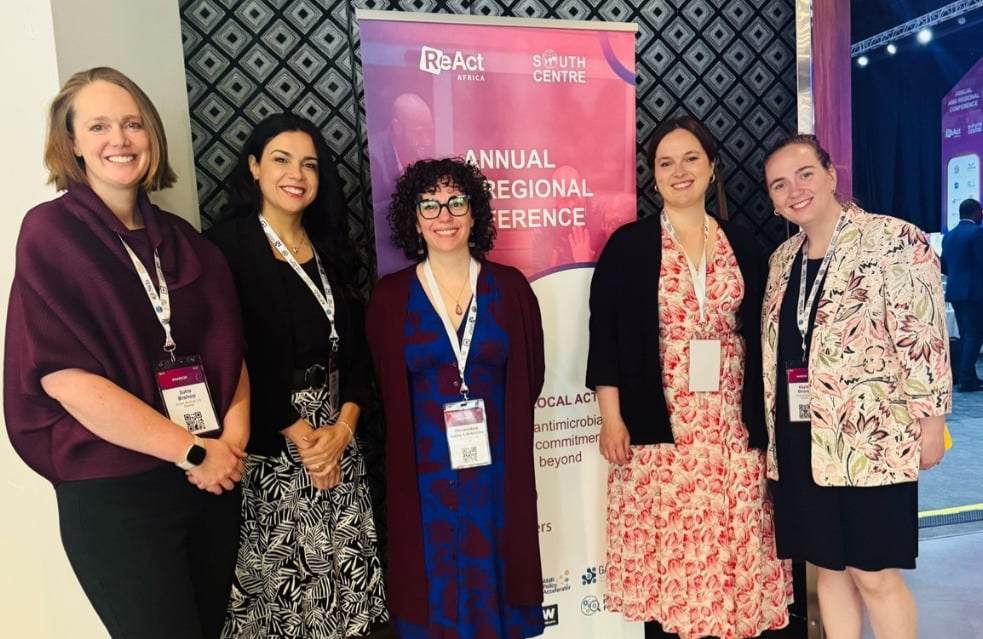
On June 12th, during a session exploring practical tools for policy prioritization. Dr. Kadia Petricca, Senior Policy Lead, presented learnings from the Smart Choice Process (SCP), which has been successfully delivered in 7 countries to date across Sub-Saharan and East Africa. The SCP enables transparent, multisectoral prioritization of AMR interventions while balancing feasibility, equity, and potential impact. Dr. Petricca’s remarks emphasized the value of country-led planning anchored in cross-sectoral consensus.
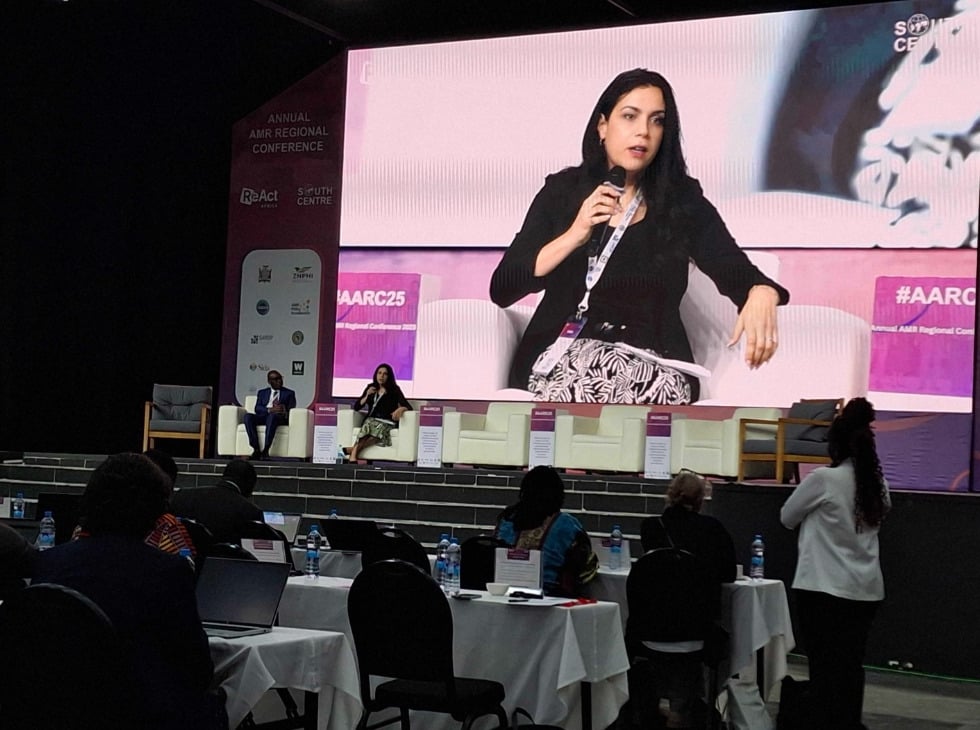
Later that day, Dr. Geneviève Boily-Larouche and Dr. Sabiha Essack discussed the importance of knowledge translation in AMR policymaking. Dr. Boily-Larouche highlighted the lengthy timelines often associated with moving evidence into practice, sometimes up to seventeen years, and advocated for structured knowledge translation frameworks, such as the Knowledge-to-Action model, to accelerate adoption of research findings. Dr. Essack underscored the critical role of local relevance and stakeholder engagement, outlining the “6 Ps” for sustainable knowledge use: credible people, fair process, transparent principles, clear protocols, policies, and programs.
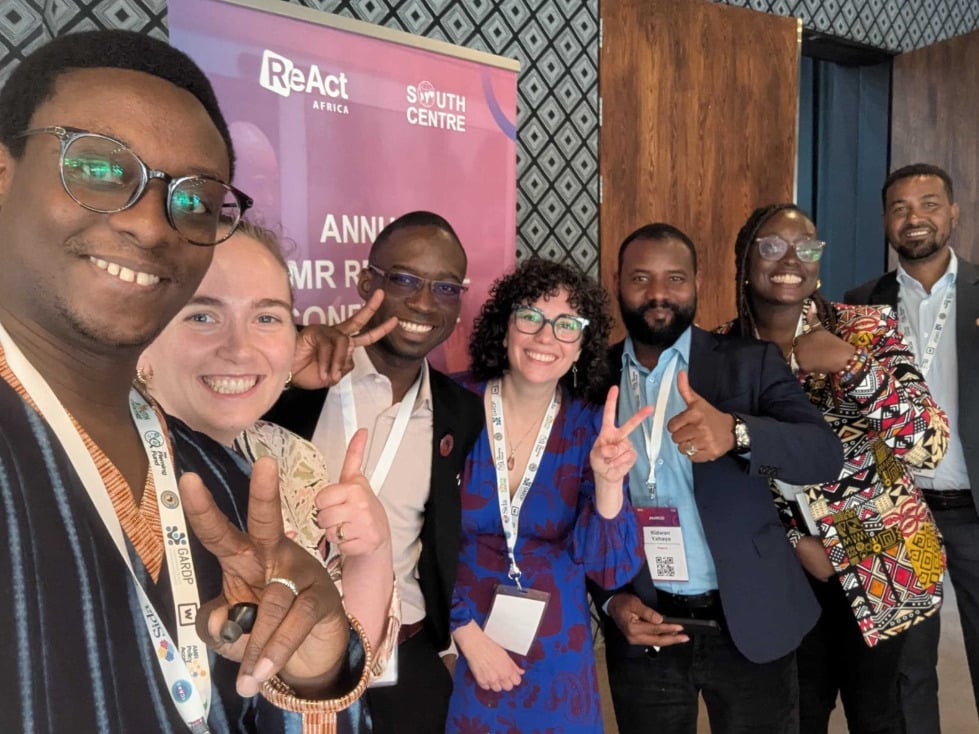

 Previous
Previous